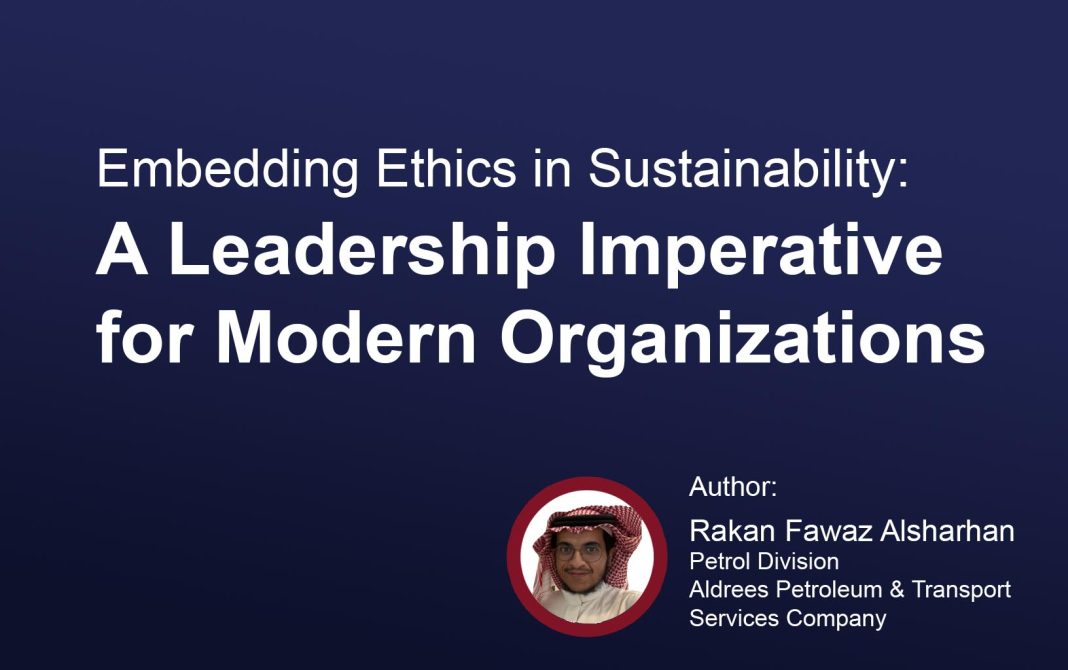In today’s rapidly evolving business landscape, sustainability has emerged not as a peripheral concern but as a central pillar of long-term success. Organizations across industries are recognizing that financial performance alone can no longer define their value. Instead, they are increasingly being measured by how responsibly they treat the environment, how fairly they engage with stakeholders, and how transparently they operate. This evolution underscores the rise of sustainable leadership; a model that fuses ethics, strategy, and social responsibility into a cohesive framework for guiding modern organizations.
At its core, sustainable leadership is about more than meeting regulatory standards or publishing glossy ESG reports. It is about integrating ethical values into the DNA of decision-making processes. Ethical leadership involves consistently doing what is right; not just what is profitable. This requires a fundamental shift in mindset, from viewing sustainability as a compliance obligation to embracing it as a moral duty and a strategic opportunity.
Ethical theories such as utilitarianism, deontology, and virtue ethics offer essential guidance in this regard. Utilitarianism promotes actions that maximize benefits for the greatest number, encouraging businesses to reduce their environmental footprint and invest in socially responsible initiatives. Deontological ethics, rooted in duty and principles, argue that organizations must act ethically regardless of the outcome. Virtue ethics, meanwhile, focuses on cultivating moral character “integrity, courage, empathy” as essential traits of leadership.
Real-world examples illustrate the tangible impact of these principles. Patagonia, the outdoor apparel brand, is a shining case in point. By embedding environmental stewardship into its core operations, promoting product reuse, and donating 1% of its sales to environmental causes, the company has created a brand defined by values. This has not only earned it public trust but also long-term financial resilience. Conversely, the fall of Enron stands as a cautionary tale. The company’s focus on short-term gains and
disregard for ethical governance ultimately led to its collapse, causing widespread economic and reputational damage.
These contrasting narratives reinforce a crucial truth: sustainability and ethics are inseparable. Leadership that lacks ethical grounding is unsustainable by nature. Organizations that embrace sustainability without moral conviction risk falling into the trap of greenwashing; presenting a responsible image to the public without backing it up with genuine action. Greenwashing not only deceives consumers and investors but also undermines the entire sustainability movement, eroding trust and accountability.
My professional experience as a Sustainability Officer at Aldrees Petroleum & Transport Services Company deepened my appreciation of these dynamics. While working on our ESG report, I encountered pressure to limit the disclosure of unfavorable environmental indicators. While this might have minimized reputational risk in the short term, it conflicted with the ethical principles of transparency, integrity, and respect for stakeholders. Advocating for full disclosure was not an easy choice, but it was the right one. The result was an ESG report that authentically reflected our performance and laid the groundwork for improvement. This experience reinforced my belief that ethical leadership must take precedence over image management.
Leadership, however, is not exercised in isolation. It is shaped by organizational culture, stakeholder expectations, and institutional environments. In regions like the Gulf, where sustainability is gaining momentum under transformative agendas such as Saudi Vision 2030, the opportunity to embed sustainable leadership is significant. Yet challenges remain. Cultural norms, hierarchical structures, and resistance to change can all impede the adoption of transparent and participatory leadership models.
To overcome these barriers, organizations must prioritize ethical capacity building. This involves providing leadership training that goes beyond technical skills to encompass ethical reasoning, conflict resolution, and stakeholder engagement. It also means developing a deeper understanding of international standards such as the Global Reporting Initiative (GRI) and the Sustainability Accounting Standards Board (SASB), enabling organizations to report accurately and responsibly.
Additionally, sustainable leadership must be proactive in embracing innovation. Emerging technologies like artificial intelligence (AI), blockchain, and Internet of Things (IoT) can enhance transparency, track environmental performance, and ensure ethical sourcing throughout the supply chain. But these technologies also raise ethical questions “about data privacy, equity, and accessibility” that leaders must navigate with care. Thus, technological literacy must go hand in hand with ethical foresight.
Stakeholder engagement is another critical dimension. Organizations that genuinely involve stakeholders “employees, customers, communities, suppliers” in decision-making processes foster greater trust and resilience. This approach contrasts with transactional, one-way communication strategies that often fail to anticipate reputational risks or understand local realities. Instead of treating stakeholders as external threats, sustainable leaders recognize them as partners in value creation.
In this vein, co-creation models; where companies collaborate with NGOs, labor representatives, and communities offer a promising path forward. These partnerships can surface hidden risks, generate innovative solutions, and promote social equity. Similarly, local advisory boards and grievance mechanisms ensure that communities have a voice in shaping sustainability programs that affect their lives.
Internally, organizations must cultivate a culture where ethics is lived, not just preached. This involves embedding sustainability into recruitment, onboarding, performance evaluations, and reward systems. Employees must see that ethical conduct and sustainability are not peripheral concerns, but essential criteria for success. Cross-functional teams focused on sustainability and ethics can foster collaboration across departments, ensuring that responsibility is shared, not siloed.
Emotionally intelligent leadership plays a crucial role in this transformation. Ethical decision-making is not purely rational; it is shaped by emotions like empathy, fear, pride, and courage. Leaders who can recognize and regulate these emotions who can stand firm in their values even under pressure, are better equipped to inspire change and uphold integrity. Training in emotional intelligence, therefore, is a vital component of ethical leadership development.
Looking ahead, sustainable leadership must evolve to meet new challenges. Climate change, resource scarcity, and global inequality demand bold, systemic action. But they also require humility; the willingness to listen, learn, and adapt. The future belongs to organizations that can align profit with purpose, resilience with responsibility.
In conclusion, embedding ethics in sustainability is not just a matter of reputation or compliance; it is a leadership imperative. It calls for a redefinition of success, where businesses are evaluated not solely by what they earn, but by what they contribute. It requires leaders who are not only competent, but also compassionate and courageous. And it demands that we see sustainability not as a destination, but as a continuous ethical journey, one that challenges us to build organizations that are not just successful, but truly significant.
About the Author:
Rakan Fawaz Alsharhan is a seasoned professional in the Petrol Division at Aldrees Petroleum & Transport Services Company. With a strong background in sustainability, strategy, governance, and human resources, Rakan has demonstrated expertise in implementing innovative solutions and driving organizational efficiency. His leadership skills and problem-solving abilities are reflected in his successful track record in ESG reporting, stakeholder engagement, and project management. Rakan’s results-driven approach continues to make a significant impact in his field






